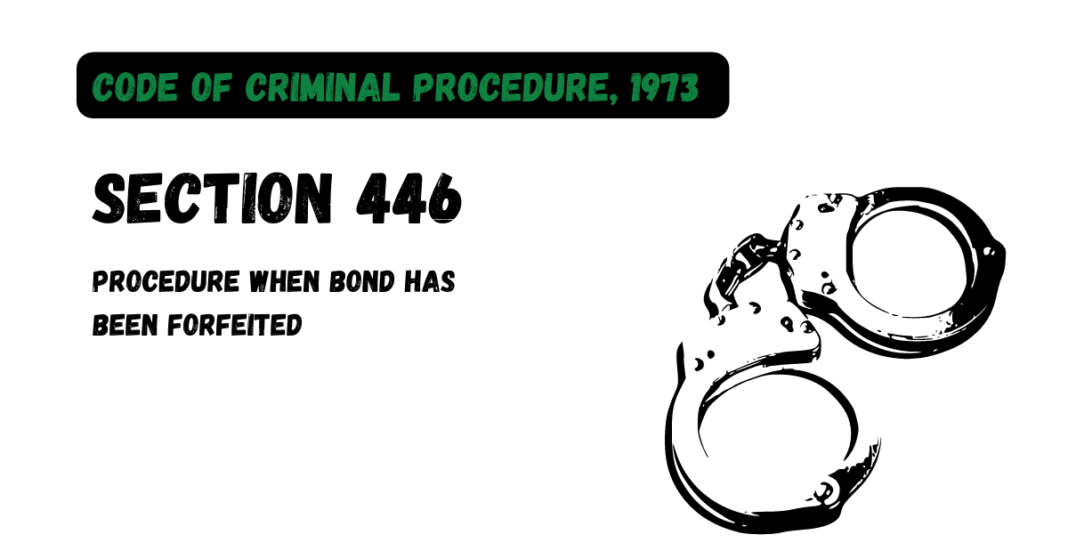(1) Where a bond under this Code is for appearance, or for production of property, before a Court and it is proved to the satisfaction of that Court, or of any Court to which the case has subsequently been transferred, that the bond has been forfeited,
or where, in respect of any other bond under this Code, it is proved to the satisfaction of the Court by which the bond was taken, or of any Court to which the case has subsequently been transferred, or of the Court of any Magistrate of the first class, that the bond has been forfeited,
the Court shall record the grounds of such proof, and may call upon any person bound by such bond to pay the penalty thereof or to show cause why it should not be paid.
Explanation.— A condition in a bond for appearance, or for production of property, before a Court shall be construed as including a condition for appearance, or as the case may be, for production of property, before any Court to which the case may subsequently be transferred.
(2) If sufficient cause is not shown and the penalty is not paid, the Court may proceed to recover the same as if such penalty were a fine imposed by it under this Code:
Provided that where such penalty is not paid and cannot be recovered in the manner aforesaid, the person so bound as surety shall be liable, by order of the Court ordering the recovery of the penalty, to imprisonment in civil jail for a term which may extend to six months.
(3) The Court may, after recording its reasons for doing so, remit any portion of the penalty mentioned and enforce payment in part only.
(4) Where a surety to a bond dies before the bond is forfeited, his estate shall be discharged from all liability in respect of the bond.
(5) Where any person who has furnished security under section 106 or section 117 or section 360 is convicted of an offence the commission of which constitutes a breach of the conditions of his bond, or of a bond executed in lieu of his bond under section 448, a certified copy of the judgment of the Court by which he was convicted of such offence may be used as evidence in proceedings under this section against his surety or sureties, and, if such certified copy is so used, the Court shall presume that such offence was committed by him unless the contrary is proved.





